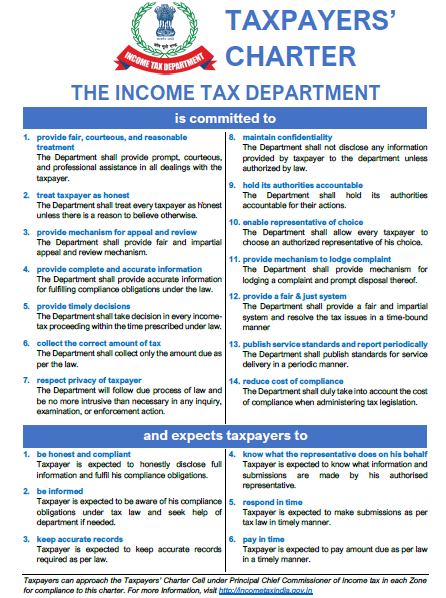7667766266
enquiry@shankarias.in
Why in news?
The Centre has launched a platform for faceless assessment and appeals of tax, and a new Taxpayer’s Charter.
What is Taxpayers' Charter?
What is the need for a new charter?

What is a significant part?
How the Centre implements the Charter?
What needs to be done?
Source: Business Line